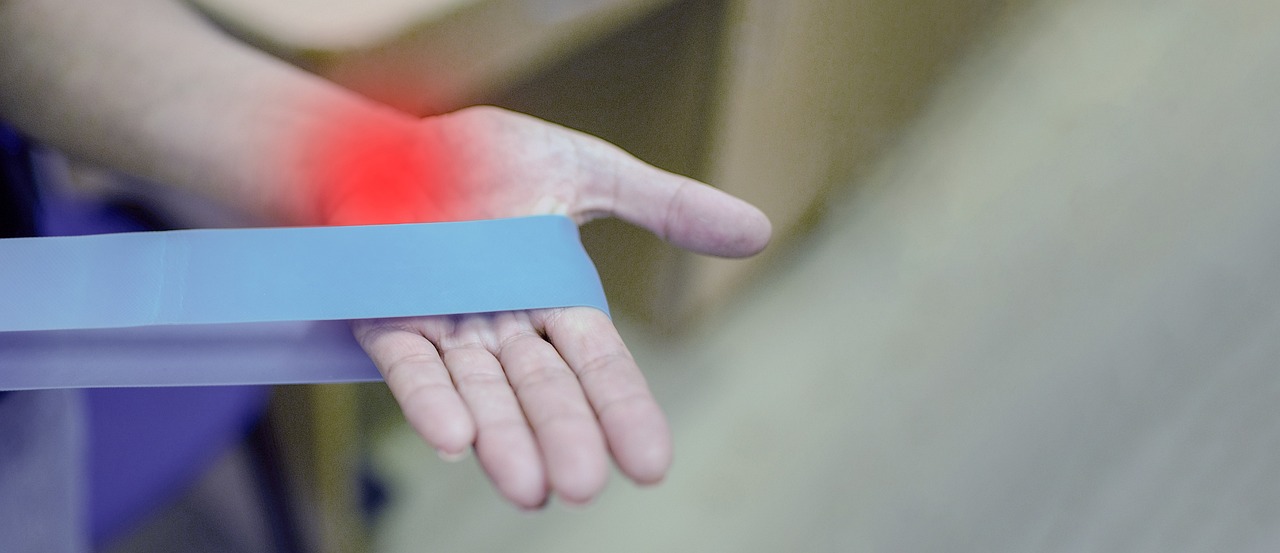Do you ever wonder why you experience those pins and needles tingling on your foot when you squat in Indian position for quite a while? Bad circulation, you answer. That is the very reason why it pays to stand up right away to stomp it out and gets the blood moving again. Truth is, it does not have much to do with the flow. The numbness occurs when a nerve, not the vessel, is compressed. That is also the very same thing that happens in different parts of the body, especially when someone has carpal tunnel syndrome (CTS).
Over time, there have been several treatments of carpal tunnel syndrome, may it be surgical or not. Still, a lot of medical practitioners will advise to try the conventional manner. Here we will look into the some carpal tunnel herbs and vitamins that can soothe those repetitive stress injuries.
Carpal Tunnel Herbs and Vitamins:
B6 Vitamin
B6 seems to help relieve the symptoms of CTS, says Jill Stansbury, N.D., assistant professor of botanical medicine and chair of the botanical medicine department at the National College of Naturopathic Medicine in Portland, Oregon. Vitamin B6 seems to work best on mild to moderate cases of CTS, says Thomas Kruzel, N.D., a naturopathic doctor in Portland, Oregon. To end the tingling, take 50 milligrams of B6 each day, he suggests, and give it time to work. It usually takes 12 weeks to get the full benefit.
St. John’s Wort
Widely known for its ability to treat depression, St. John’s wort also helps nerves recover when they are damaged, inflamed or strained, says Dr. Stansbury. Thousands of years before doctors coined the term carpal tunnel syndrome, the relaxing herb was used to heal nerve pain and tingling, she says.
Its sedative effect helps to reduce pain, while its anti-inflammatory activity can help shrink swollen tendons. Don’t expect the kind of quick pain relief that comes from popping a pharmaceutical like aspirin or ibuprofen, though. St. John’s wort typically takes a few weeks to start working.
Pineapple
For relief with fewer side effects, you have the option of trying some supplements that can be very effective. One of these is bromelain, an enzyme found in pineapple that is nature’s anti-inflammatory medicine. This hungry enzyme can take a bite out of pain and swelling and help you heal faster, says Dr. Kruzel.
When the tingling pain of CTS strikes, take two 500-milligram tablets or capsules of bromelain between meals two or three times a day, says Dr. Kruzel. Bromelain is measured in milk-clotting units (mcu) or gelatin-dissolving units (gdu).
Flaxseed Oil
You can also soothe the inflamed nerve and tissues with flaxseed oil, a supplement rich in omega-3 essential fatty acids, says Ellen Potthoff, D.C., N.D., a chiropractor and naturopathic doctor in Pleasant Hill, California. Any type of inflammation responds well to essential fatty acids because no matter where it hurts, they interrupt the process of inflammation early.
You should feel better in two to four weeks if you start taking one tablespoon of flaxseed oil every day, says Dr. Potthoff. Taste is one way to tell if you’re getting good-quality flaxseed oil. “It should have a really nice, nutty flavor and a dark amber color,” she says.
Turmeric
Turmeric is a herb that contains a powerful anti-inflammatory chemical called curcumin. The herb has traditionally been used in India’s Ayurvedic medicine to treat pain and inflammation. The effect of turmeric has been compared to that of cortisone, the pharmaceutical sometimes used to treat CTS symptoms. Although turmeric’s pain-fighting power is not as strong as cortisone’s, the herb is a lot easier on your system, says Dr. Kruzel.
The Author:
Carpaltunnelpain_net
